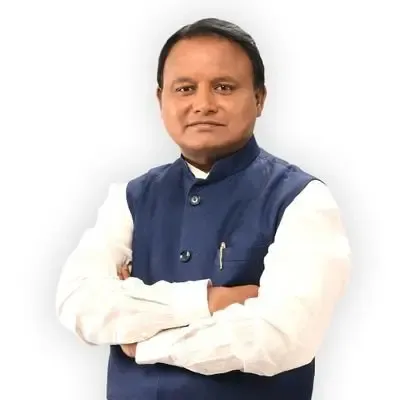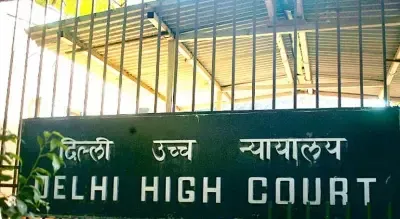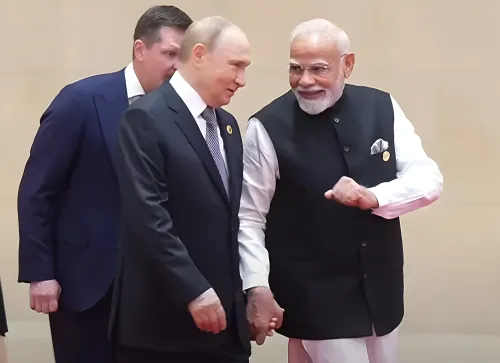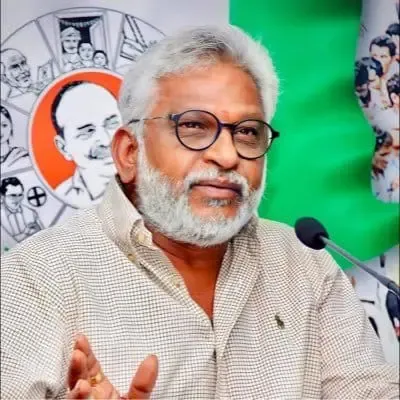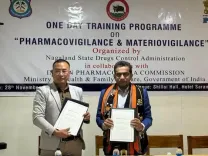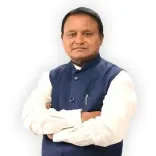Arunachal Pradesh to Establish University-Level Institute with Assistance from US Centre to Foster Indigenous Culture
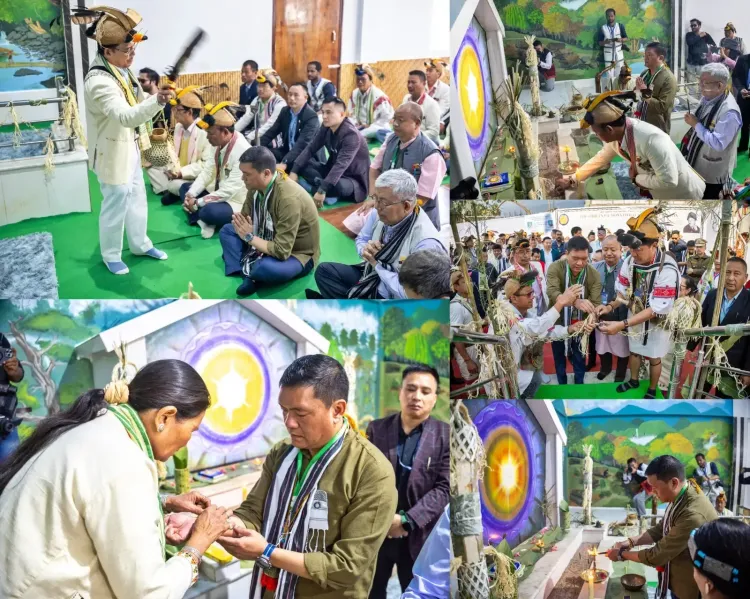
Itanagar, Dec 31 (NationPress) Chief Minister of Arunachal Pradesh, Pema Khandu, revealed on Tuesday that a university-level institute will be set up in the state with the collaboration of the US-based International Centre for Cultural Studies (ICCS). This initiative aims to advance, document, research, and educate on the indigenous culture, faith, and languages of the region.
The ICCS already operates a center in Arunachal Pradesh named RIWATCH, located in Roing, Lower Dibang Valley, focusing on the documentation, preservation, and research of the Idu Mishmi culture and language.
Khandu met exclusively with ICCS Founder Prof Yashwant Pathak during the Silver Jubilee Celebrations of the Indigenous Faith and Cultural Society of Arunachal Pradesh (IFCSAP).
After inaugurating a Donyi Polo Nyedar Namlo for the community at Pachin Colony in celebration of Donyi Polo Day, Khandu stated that the idea emerged in discussions with Prof Pathak, aimed at enhancing the movement for indigenous culture and elevating the importance of preserving the state's indigenous culture and faith on a global scale.
"Let there be thorough research and documentation of our indigenous faiths and culture at the utmost level. We aspire to cultivate scholars in indigenous culture and languages. May our indigenous priests don professors' gowns and enlighten young minds about our ancient chants," he expressed.
While acknowledging that the proposal is still in its early stages and that much work remains, Khandu expressed hope that with the cooperation of ICCS, the vision will come to fruition in the coming years.
"If established, this institute will significantly bolster our efforts to safeguard our indigenous culture, faith, and languages, thus preserving our identity. If a smaller scale research center like RIWATCH can achieve remarkable results, imagine the impact a university could have," he added.
Extending his best wishes to the practitioners of the Donyi Polo faith, Khandu encouraged them to 'practice what they preach.'
He emphasized that merely discussing Donyi Polo and its significance will not yield results; genuine practice of the Donyi Polo faith in daily life will. He highlighted the role of IFCSAP in the conservation of the state's indigenous culture and proposed that under its guidance, brainstorming sessions should be conducted with all stakeholders to identify the fundamental causes of the erosion of indigenous culture and faith.
"Unless we recognize and identify the reasons behind cultural erosion, we will struggle to maintain our culture and faith over the long term. IFCSAP should take the initiative to uncover these causes," he pointed out.
When asked about the fact that December 31 (Donyi Polo Day) is no longer a holiday, Khandu assured that there is no 'ill-intent' from the government regarding this change.
He clarified that December 31 was previously celebrated as IFCSAP Day, which was a local holiday declared by the state government. "However, as IFCSAP Day was moved to December 1 to honor the birth anniversary of Late Talom Rukbo, regarded as the father of the indigenous faith movement in the state, the holiday was also shifted. I assure everyone that starting from December 31, 2025, Donyi Polo Day will again be declared a local holiday in areas where Donyi Polo followers reside," Khandu noted.

